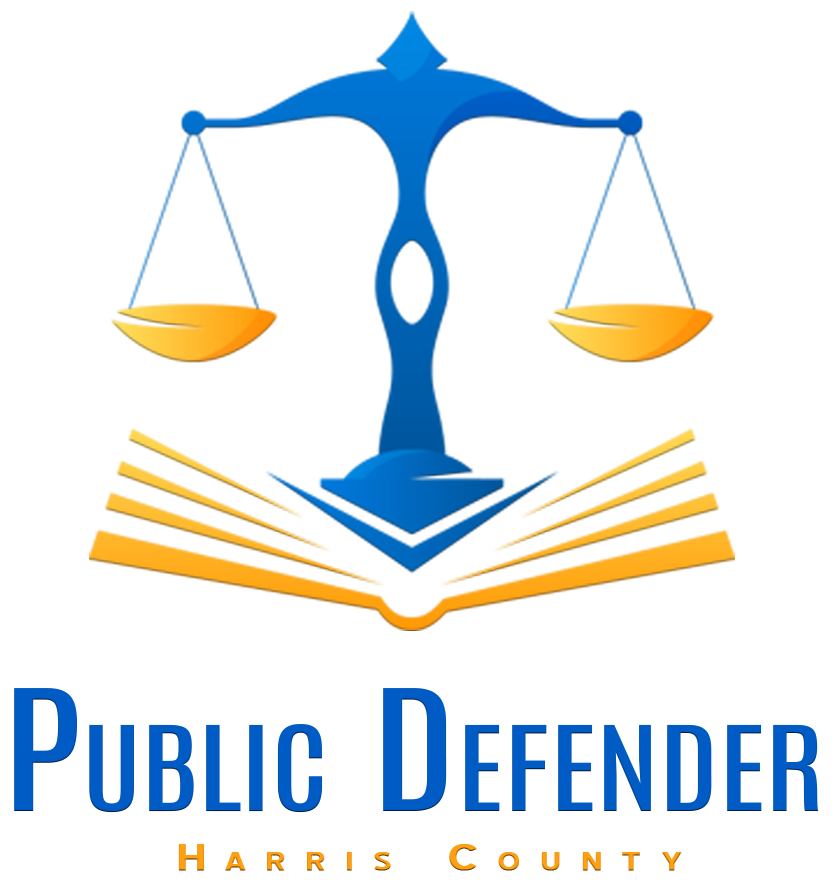Umbrella insurance serves as a crucial safeguard, offering liability coverage that goes beyond the limits of standard policies like auto or homeowners insurance.
Its purpose is to provide additional financial protection when damages or legal costs exceed primary coverage.
For those involved in accidents, understanding umbrella insurance is essential to:
- Navigating liability claims
- Securing asset protection
- Mitigating financial risks
We know this is a concept many do not understand fully. That is why I want to talk about umbrella insurance in greater detail.
How Umbrella Insurance Works Post-Accident
Securing umbrella insurance after an accident means that insurers will thoroughly evaluate your claims history, focusing on any prior incidents that could indicate higher risk.
Full disclosure of all relevant details is mandatory during the application process. Transparency is essential. Providing incomplete or inaccurate information can lead to the denial of coverage or disputes over future claims.
- Higher Scrutiny: Insurers will review your claims history to assess the likelihood of future incidents.
- Increased Premiums: Recent accidents often lead to higher costs for coverage.
- Potential Exclusions: Policies issued post-accident may exclude coverage for incidents related to your prior claims.

Before an Accident
Umbrella insurance must be purchased before an accident to be effective.
It provides supplementary coverage when the liability limits of your primary policies, such as auto or homeowners coverage, are exhausted.
- Your auto insurance will cover liability up to its policy limits.
- Any remaining costs, such as medical bills, legal fees, or judgments, can be covered by an umbrella policy.
Key Points About Coverage Before an Accident:
- Proactive Coverage: Umbrella insurance cannot be applied retroactively. It only covers incidents occurring after the policy is in force.
- Extension of Primary Policies: Umbrella coverage supplements existing policies, covering gaps left by their liability limits.
- Wide Scope: Coverage includes not only common scenarios like car accidents but also unique situations like defamation or false arrest.
Preparedness Is Essential
Umbrella insurance is a forward-thinking solution, not a reactive one. Having a policy in place before an accident ensures:
- Comprehensive Protection: Coverage is guaranteed for eligible claims.
- Financial Security: You are shielded from excessive costs and lawsuits.
- Peace of Mind: You can focus on recovery and resolution without additional financial stress.
Can You Get Umbrella Insurance After an Accident?

Obtaining umbrella insurance after an accident is possible, but it can be challenging due to increased scrutiny from insurers.
Coverage providers carefully evaluate applications to assess the risk of offering coverage.
If you’ve been involved in a recent accident, you may face stricter eligibility requirements, higher premiums, or even policy exclusions.
Eligibility Considerations
When applying for umbrella coverage after an accident, insurers will review your claims history and overall liability profile.
- Recent Claims: Insurers will examine the nature and severity of recent claims to evaluate your risk level.
- Existing Coverage Limits: Ensuring you meet the minimum liability limits on your underlying auto or homeowners policies is critical.
- Overall Risk Exposure: Your occupation, assets, and lifestyle factors, such as owning rental properties or hosting events, will also be evaluated.
Importance of Transparency
Being honest and thorough during the application process is crucial. Transparency demonstrates responsibility and can increase your chances of approval.
- Provide Documentation: Include police reports, medical records, and prior insurance correspondence to offer a complete picture of the incident.
- Disclose All Details: Avoid withholding information about accidents or liability concerns, as this can lead to application denials or policy disputes later.
- Demonstrate Risk Management: Highlight steps you’ve taken to minimize future risks, such as implementing safety measures or increasing primary coverage limits.

Insurer Perspectives
Insurers view applicants with recent claims as higher-risk policyholders.
- Higher Premiums: Expect increased costs to account for the perceived likelihood of future claims.
- Policy Exclusions: Insurers may exclude coverage for liabilities related to the recent incident or impose conditions to limit their exposure.
- Stricter Terms: Policies might come with additional requirements, such as higher deductibles or stricter renewal terms.
Proactive Protection
While securing umbrella insurance post-accident is possible, it is far more advantageous to purchase coverage before an incident occurs.
- Comprehensive Protection: Avoid gaps in liability coverage when unexpected accidents happen.
- Cost-Effectiveness: Lock in lower premiums by applying before your risk profile is affected by claims.
- Peace of Mind: Protect your assets and financial future without scrambling for solutions after an incident.
What Does Umbrella Insurance Cover?
Umbrella insurance is a powerful tool for liability protection, designed to extend coverage beyond the limits of your standard policies like auto, homeowners, or renters insurance.
It serves as a financial buffer against large claims or lawsuits that could otherwise jeopardize your assets. Here’s a detailed look at what the umbrella covers:
Liability Protection for Injuries and Property Damage
One of the primary functions of umbrella insurance is to cover significant liability claims stemming from injuries to others or damage to their property.
For example, if you cause a multi-car pileup resulting in extensive injuries and property damage, your auto insurance may only pay up to its policy limit.
The umbrella policy bridges the gap, covering the remaining costs.
- Injuries to Others: Medical bills, lost wages, and other costs associated with third-party injuries caused by your negligence.
- Property Damage: Repair or replacement costs for damaged property that exceed your primary policy limits.
Legal Defense and Judgments
Legal battles can be expensive, especially when claims escalate to lawsuits.
Umbrella insurance covers legal defense costs and any court-awarded judgments beyond your primary insurance.
- Legal Defense Costs: Attorney fees and court costs for covered claims.
- Judgments Beyond Primary Limits: Settlements or awards that exceed your base insurance policy coverage.
Coverage for Uncommon Scenarios

Umbrella insurance also protects against situations that are not typically covered by basic policies, offering broader liability coverage.
- Defamation: Protection against lawsuits for libel or slander.
- False Arrest or Imprisonment: Liability stemming from wrongful accusations or detentions.
- Landlord Liability: Coverage for claims made by tenants or third parties injured on rental property.
Examples of scenarios covered by umbrella:
- A guest slips and falls at your home, sustaining severe injuries that result in a lawsuit.
- You’re sued for making a public statement perceived as defamatory.
- Your dog bites a neighbor, leading to medical expenses and legal action.
- You’re involved in an accident while traveling abroad, and the damages exceed your local coverage.
Interesting Fact: If you want to learn more about insurance industry as a whole, read about US Health Advisors.
Steps to Secure Umbrella Insurance Post-Accident

Securing umbrella insurance after an accident can be challenging, but it’s not impossible.
Insurers often view post-incident applicants as higher risks, so taking the right steps is essential to improve your chances of approval and favorable terms.
Here’s a guide to help you navigate the process:
Gather Documentation
Start by collecting all necessary documents related to the accident. it includes:
- Police reports detailing the incident.
- Medical records for any injuries sustained.
- Repair estimates or invoices for property damage.
- Correspondence with your current providers.
Proper documentation demonstrates your diligence and provides insurers with a complete picture of the event.
The more thorough you are, the easier it will be to address any concerns during the application process.
Be Transparent
Honesty is crucial when applying for an umbrella, especially after an accident. Fully disclose:
- The details of the accident.
- Any claims filed and payouts received.
- Any existing liabilities or pending lawsuits related to the incident.
Insurers value applicants who take responsibility for their actions.
Concealing information can lead to denial of coverage or complications in the future, so ensure all disclosures are accurate and complete.
Shop Around

Different insurance providers have varying criteria and risk assessments. To find the best policy:
- Compare quotes from multiple insurers.
- Review the coverage limits, exclusions, and premium costs.
- Look for insurers with experience handling post-accident applicants.
Shopping around helps you identify policies that suit your needs while offering competitive rates.
Increase Underlying Policy Limits
Umbrella insurance typically requires a minimum level of coverage on your primary policies, such as auto or homeowners coverage.
- Auto insurance: Often requires liability limits of $250,000 per person and $500,000 per accident.
- Homeowners insurance: Typically requires $300,000 or more in liability coverage.
Contact your current insurers to adjust your limits if necessary. Meeting these requirements demonstrates financial responsibility and opens the door to umbrella coverage.
Demonstrate Risk Management Efforts
Insurers are more likely to approve your application if you show steps to minimize future risks. This may include:
- Attending defensive driving courses if the accident involved a vehicle.
- Implementing safety measures at home or in rental properties.
- Ensuring compliance with legal obligations, such as addressing outstanding claims.
These efforts show a proactive approach to reducing liability exposure, which can work in your favor during underwriting.
The Bottom Line
Umbrella insurance is a vital tool for protecting your financial future.
By proactively purchasing coverage, you gain peace of mind knowing your assets are secure against life’s uncertainties.
Don’t wait until an accident occurs, evaluate your liability risks today and explore umbrella insurance options to ensure comprehensive protection when it matters most.

